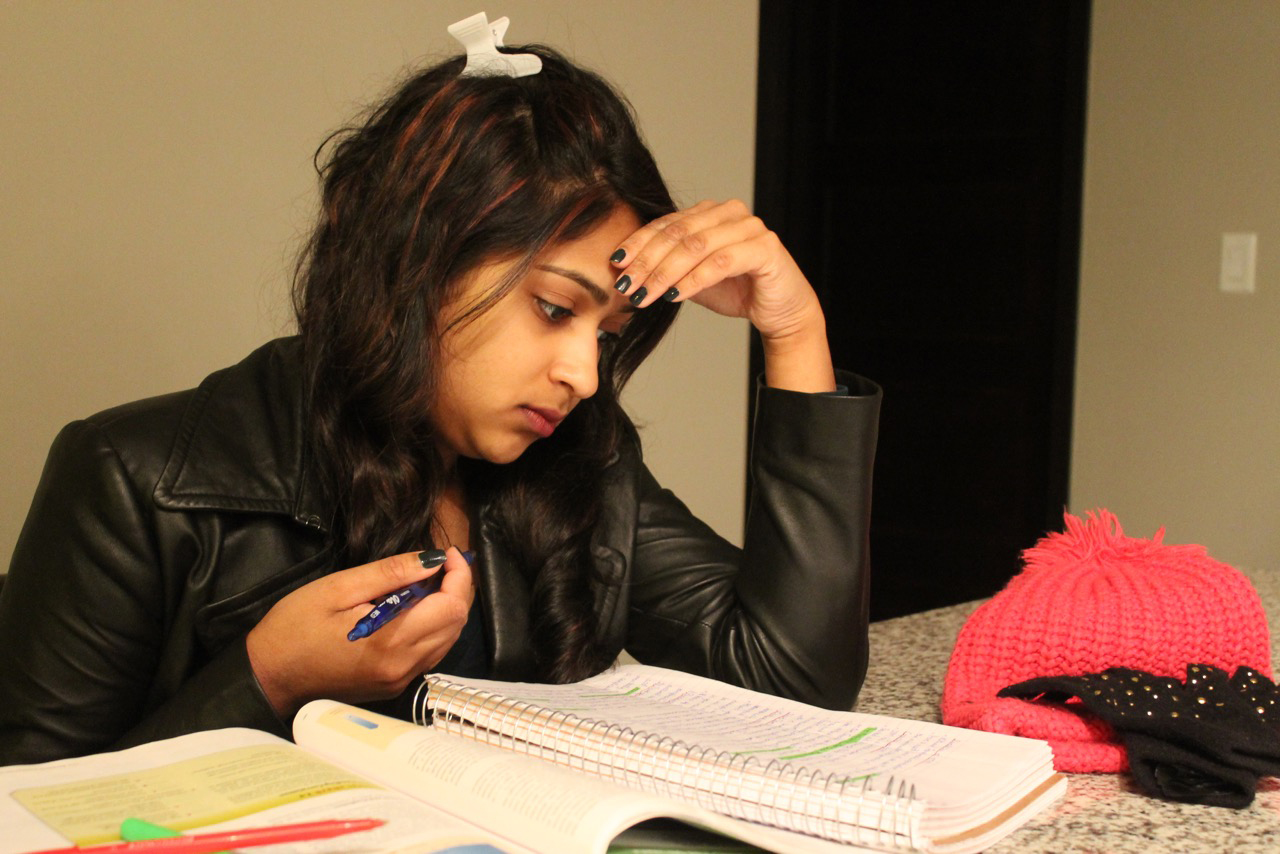Fighting the winter blues

You may not know it, but you may be suffering from seasonal affective disorder, also known as SAD.

Have you been feeling increasingly unmotivated recently? Does the weather often have a strong impact on your health? You may not know it, but you may be suffering from seasonal affective disorder, also known as SAD.
Seasonal affective disorder is a form of depression caused by issues surrounding lack of sunlight and many Wilfrid Laurier University students may be experiencing a form of SAD ranging from mild to severe.
To understand how this truly affects the Laurier population, Sherrie Steinburg, the mental health/student support coordinator at the Wellness Centre, shared insightful information about the disorder and how to break the surrounding stigmas.
Delving further into the issue, it’s important to consider trends in stress and emotional stability for students over the course of the school year. The feelings students have can change over time.
“At the beginning of term, everyone’s happy, it’s great. Then you settle in, and there’s maybe about a week of ‘things are great!’ Then things start to build up, and your first midterm/big assignment raises your stress. Then it’s high stress for the rest of the year,” Steinburg said.
Right around the time that midterms are building up in the fall term, clocks also move backwards, amplifying the negative effects on sleep, energy levels and appetite for students affected by SAD. There is also less sunlight.
This is just what academic pressure looks like, which induces stress in and of itself.
“Students are among the busiest people I know, and they’re trying to juggle all these competing priorities,” reasoned Steinburg.
At any point, you can have spikes in stress levels whether roommates, relationships, parents or jobs bring them on.
Kira Charbonneau, a third-year psychology student, experiences anxiety along with changes in her mood due to the weather. Charbonneau believes university is “where most mental health issues start to emerge because of new responsibilities and high stress levels [students] are experiencing for the first time.”
That, in addition to being sensitive to the weather, makes winters depressing and stressful with panic attacks occurring at any point of the day for Charbonneau. Now managing her mental health effectively, she experiences less problems when sleeping and focusing.
Steinburg also operates her own private practice in St. Agatha, providing counselling services.
As seasonal affective disorder is triggered by seasonal changes, Steinburg explained that during her second year of practice, “everybody came back when the clocks changed.” As daylight savings time sets in, the days get shorter and students may begin to feel symptoms of SAD.
Days do not get noticeably longer until well into the winter term. As students, we may feel a lack of motivation for the large part of our academic year.
It is important to be mindful of our own mental health. Steinburg offers many alternatives to help protect against the severities that may occur in many forms of mental health, including SAD.
A popular remedy is light therapy, which uses a type of lamp that mimics natural light and can shift brain chemical levels like serotonin and melatonin, which influence mood and sleep patterns.
“One of the best decisions I made was going into the Wellness Centre. They can provide [effective remedies] to [help] boost my mood,” said Charbonneau.
The Wellness Centre, in conjunction with other facilities at Laurier, provides many resources for students to manage their mental health such as pilot projects with the department of athletics and recreation, support and crisis lines, counselling, along with many on campus events.
“Exercise is not going to solely cure depression, but it’s one way to be protective,” said Steinburg.
She continued that exercise can facilitate socialization, as lack thereof can be a catalyst for mental health issues.
Finding her friends to be her main support system, Charbonneau believes “almost anyone can benefit [from socialization], as it doesn’t just help in times of crises, it can lead to a better understanding of yourself.”
Some remedies that Charbonneau uses to stabilize her mood are anti-depressants and vitamin D and C.
As a strong believer in exercise, Charbonneau explained “it is very important for my mood stability … so even going for a 20-minute walk in the evening helps.”
Many forms of exercise release endorphins in the brain, which can induce a positive body feeling, similar to the effects of morphine.
Without knowing it, someone close to you may be battling seasonal affective disorder or other mental health issues. As we enter peak midterm season, we all have things to manage and worry about, but do make sure to take some time out for self-care and check up on friends.


